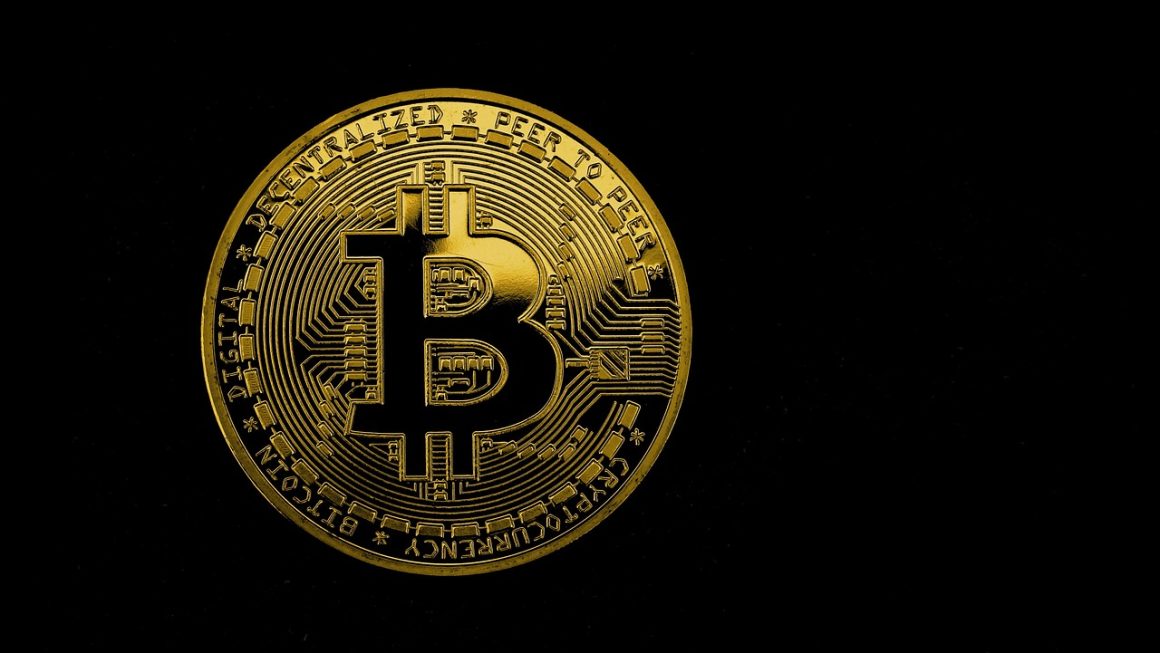Deflationary Tokens: A Comprehensive Guide
In the world of cryptocurrencies, one innovative concept that has gained traction is deflationary tokens. These tokens are designed to decrease in supply over time, leading to increased scarcity and potentially higher value. This blog post will delve into the concept of deflationary tokens, exploring their key features, mechanisms, and practical applications.
Features of Deflationary Tokens
Scarcity and Value
Deflationary tokens are designed to decrease in supply over time, typically through mechanisms like burning or buyback programs. This scarcity increases the demand for the remaining tokens, leading to potential price appreciation as demand exceeds supply.
Transparency and Proof-of-Burn
Many deflationary tokens employ transparent mechanisms to verify the burning of tokens. This ensures that the supply is indeed reduced and provides proof of supply reduction to investors.
Tokenomics and Supply Control
The tokenomics of deflationary tokens define the mechanisms used to reduce supply. Common approaches include:
- Burn-and-Mint: Tokens are burned, and new tokens are minted only for specific purposes.
- Buyback-and-Burn: Tokens are repurchased from the market and then burned.
Mechanisms for Deflation
Buyback and Burn
In this mechanism, the token issuer buys back tokens from the market and burns them. This reduces the circulating supply and increases the token’s value.
On-Chain Burning
Specific transactions trigger the burning of tokens based on predefined rules. For example, every transaction on the network may burn a small percentage of the tokens used.
Exchange-Based Burning
Some exchanges implement burning mechanisms where a portion of the trading fees is used to purchase and burn tokens.
Benefits of Deflationary Tokens
Increased Scarcity and Value
The reduction in token supply creates scarcity, increasing the value of the remaining tokens over time.
Store of Value
Deflationary tokens can serve as a store of value due to their limited supply and potential appreciation.
Community Engagement and Participation
Burning mechanisms can incentivize active participation in the project’s ecosystem.
Applications of Deflationary Tokens
Hedge Against Inflation
Since deflationary tokens decrease in supply, they can act as a hedge against inflation, which decreases the purchasing power of traditional currencies.
Alternative Investment Asset
Deflationary tokens provide an alternative investment avenue for investors seeking diversification and potential returns.
Governance and Voting
Some deflationary tokens grant holders the right to vote on project decisions, promoting community involvement.
Conclusion
Deflationary tokens offer innovative mechanisms for value creation and scarcity in the cryptocurrency market. Their potential for appreciation, transparency, and store of value makes them an intriguing choice for investors seeking alternative assets and diversification. While the concept is promising, it’s essential to conduct thorough research and understand the tokenomics before investing in any deflationary token project.




